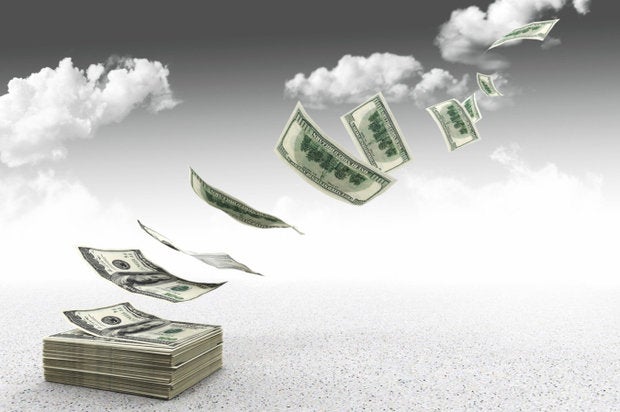Chicago taxes cloud and streaming services
Source: Brandon Butler
 The City of Chicago has implemented sweeping new tax regulations that target the use of streaming and cloud computing services, the law firm ReedSmith says.
The City of Chicago has implemented sweeping new tax regulations that target the use of streaming and cloud computing services, the law firm ReedSmith says.
In a blog post, attorneys at the firm describe two new tax laws that take effect as of July 1, 2015. One is an expansion of the city’s Amusement Tax, which levies a 9% tax on the subscription cost of electronically delivered services. This will apply to streaming music, movie and television services like Netflix and Amazon Prime.
A second expanded regulation deals with the leasing of electronic services and now includes cloud services and specifically calls out software, infrastructure and platform as a services.
Chicago is not the only jurisdiction to expand its tax laws to include the cloud. It’s an issue Utah and Massachusetts are struggling with as well.
ReedSmith lawyers call the expansion of these regulations “staggering in their breadth,” and warn they could be a harbinger for other jurisdictions around the country to implement similar taxes on cloud and streaming services. “With these two rulings, the (Chicago Department of Finance) has expanded the scope of its tax ordinances to their absolute limit, if not further. If any state or local governments were wondering how to tax transactions occurring in the Cloud when legislative authority for such taxation is absent, the Department has just sketched a roadmap.”
Authors of the blog post say there are multiple reasons for these new taxes. First, cities like Chicago are facing “monumental fiscal pressures,” which has led to legislators seeking new revenue streams. Second, ReedSmith criticizes Chicago for poor tax administration, noting a 12% per year interest rate on delinquent taxes and a system for appealing tax hearings that ReedSmith says favor the city.
Perhaps more so than anything though, taxing the cloud reflects the changing of the times. As The Verge notes in a story on the issue, no longer are people renting movies and buying music from brick-and-mortar retail outlets, instead streaming services have become a mainstream way of consuming content. These new regulations do not apply to content that is bought and stored on users’ own devices, reflecting how these regulations are targeted specifically at streaming services.
Lawyers ReedSmith say there are many unanswered questions about the regulations. For example, the laws go into effect on July 1, but the city has said it will not impose the fees until September, giving a grace period to make necessary changes. But, it’s unclear who exactly will be responsible for paying the tax �C the provider on behalf of the user, or the customer directly. Initially any user who bills streaming or cloud services to a billing address within the city of Chicago would be impacted by these regulations, but ReedSmith says that raises questions about if the service is not consumed within city limits whether the law would still apply.
ReedSmith lawyers also question whether these new taxes comply with various state and national tax laws, including the Internet Tax Freedom provisions outlined in the Federal Telecommunication Act.
“The rulings gloss over many details of applicable federal law and how telecommunications and computer networks operate, and assume the simplest factual scenarios that do not realistically comport with how many providers and their customers transact business.”
The regulations could spark a new debate about exactly how cloud and streaming services are taxed not just in Chicago, but around the country.
| }
|